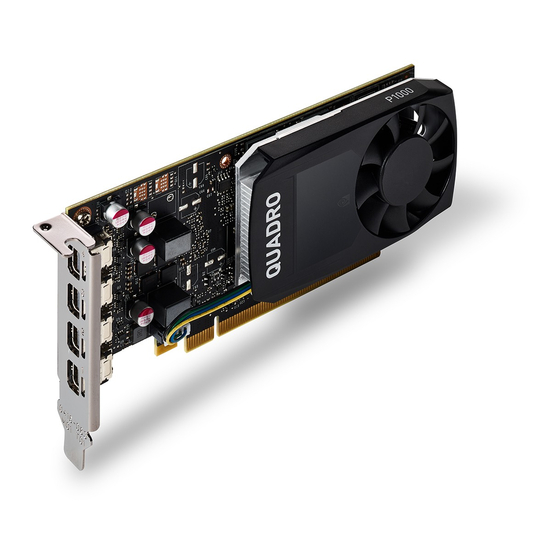ATI Technologies P1000 Panduan Pengoperasian dan Pemeliharaan - Halaman 2
Jelajahi secara online atau unduh pdf Panduan Pengoperasian dan Pemeliharaan untuk Penguat ATI Technologies P1000. ATI Technologies P1000 6 halaman. Stereo turntable amplifier

GENERAL
A turntable preamplifier is a deceptively simple device and has been the subject
of an amazing amount of poor design. The seemingly simple matter of attaching
a high capacitance load (in the form of the RIAA feedback network) onto a
preamp stage which does not have adequate current drive capacity, guarantees
Slew Rate Distortion, Transient Intermodulation Distortion, rising high frequency
harmonic distortion and probably a few other distortions we haven't named as
yet. This problem is common to almost all existing preamps.
A second common fault is designing too much gain into the input equalized state
to compensate for a mediocre noise figure in the following output stage with the
result that the input headroom is severely limited. Since groove stylus velocities
of digitally mastered and direct disc recordings exceed 50 cm/sex peaks regularly
with even greater dynamic range expected in the future, a high output cartridge
can readily strain the typical 80 mV maximum input limit of typical preamps.
ATI has eliminated these two problems by use of a new integrated circuit
developed for the European professional audio market and recently made
available to the US market through two major manufacturers. This chip
incorporates a low noise input stage designed for use with the low source
impedances typical of phono cartridges. In addition, this chip has an output
stage free of crossover distortion and of sufficient current swing capability to
drive 600 ohm loads to full supple voltage. An inherent slew rate capability of 13
volts per microsecond, a 50 KHz gain bandwidth product and 100 db open loop
gain make this chip an ideal device for audio applications.
Excellent low noise performance in both input and output stages allows to the
MicroAmp to operate at reduced input stage gain yielding an input swing
capability of almost 1 V p-p at 1 KHz while preserving excellent noise
performance. The high Push Pull output capability allows the first stage to drive
the RIAA equalization network with ease and without slew rate limiting to
degrade high frequency performance. The high open loop gain provides 46 db
loop gain for 200 to 1 distortion reduction even below 50 Hz where the equalized
stage is operating at maximum gain.
The high output also allows the output stage to drive the load directly on through
a simple 1:1 isolating transformer. ATI proves three models of each MicroAmp;
Transformer outputs for high RF field environments. A balanced, differential
output stage version (bridge circuit) is also available. It is suitable for low RF
environments where balanced output lines are required for hum rejection in long
runs and the minor performance degradations of an output transformer are not
desired. In addition a simpler, lower cost single ended output model with full 600
ohm drive capability is designed for use for short runs in low RF environments.
Audio Technologies Inc. | 154 Cooper Road #902 | West Berlin, NJ 08091 | Voice 856-719-9900 | Fax 856-719-9903 | www.
audio.com
